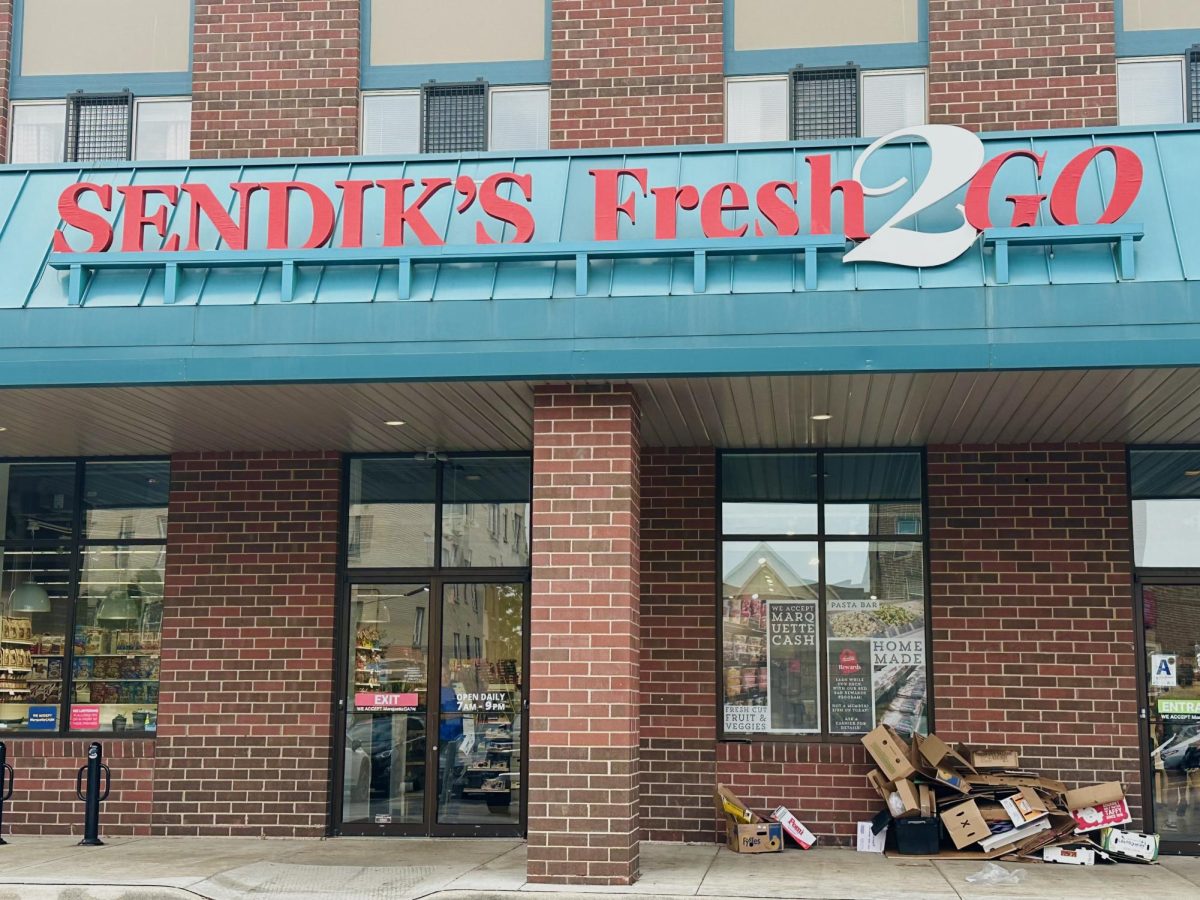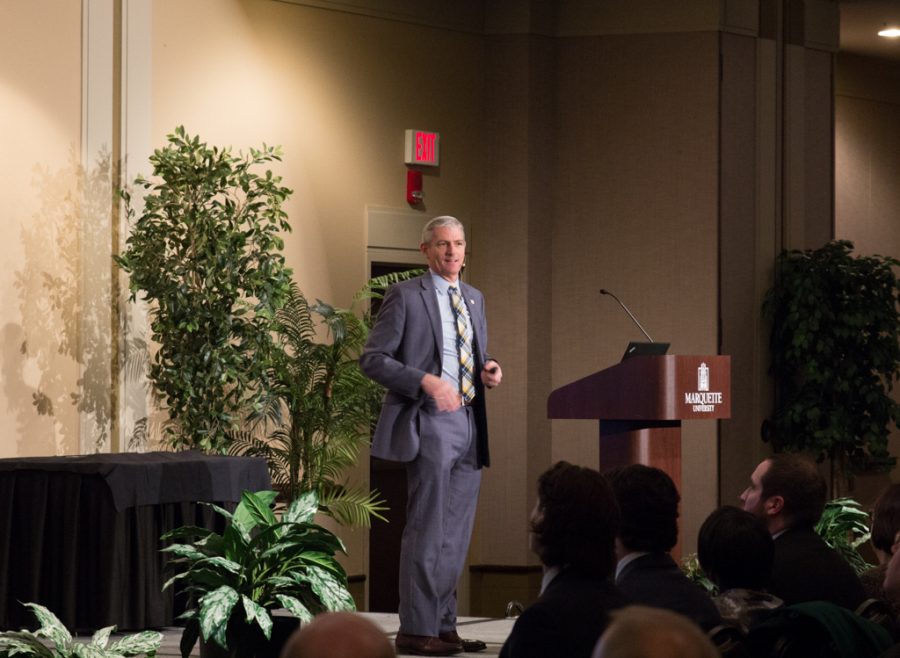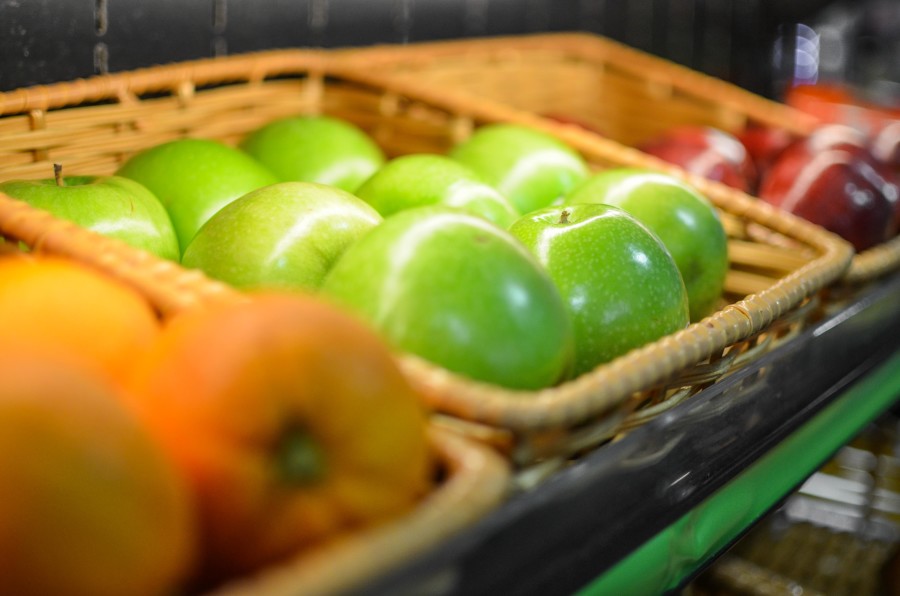“Hashtag activism” is usually more about the activist than the cause. Exhibit A: the foodie. Fifty percent of millennials identify as one. But what does that mean?
In her article, “Millennials Have the Power to Change Our Food System—Why Aren’t We?”, Eve Turow Paul explains that there is an element of escapism in the foodie identity. “We use food to connect with one another, to stimulate all our senses and feel just a bit more in control,” Paul wrote. That last bit – control – comes out in the demand for organic and local foods and the push to ban GMOs. “Even if we can’t find a job, are freaked about climate change, and don’t trust Congress, we can find serenity in a really great beet and goat cheese risotto,” she wrote.
Paul thinks this is all well and good, but she wants millennials to go a step further and push for changes with results that they might not be able to see, or that will only impact them indirectly. Among these causes: restructuring farm subsidies, rotating crops more frequently, improving pay and labor conditions in the food industry, and making healthy foods more available and affordable to lower-income families.
She’s optimistic that millennials will step up to the plate – but she recognizes that so far, that hasn’t happened.
Part of the reason I think that food activism has been lacking so far is the social media platforms foodies use to express themselves encourage a myopia. Posting a picture of a meal on Instagram or writing a review on Yelp are actions that do not require one to look beyond their own experience. How the government did or did not help fund the meal, who else could afford it, what the farm laborers were paid – those questions aren’t really relevant when you’re trying to choose a filter.
I am reminded of all the talk about getting a grocery store on campus. “We’re in a food desert!” people argue, and according to the United States Department of Agriculture, that’s true: we live in part of the city where low-income residents live more than half a mile from the nearest supermarket.
But according to the USDA’s data, the food desert is even more severe west of us. There isn’t really a push at Marquette to get a grocery store over there.
Does that make us selfish? I wouldn’t go so far as to say that – but I do say that we should try to take broader view, both of the city and the food industry in general. Ms. Paul thinks so, too. We can bring about change in the food industry that will make everyone better off – but it will take time to understand it for ourselves, money to convince businesses that we do prefer healthy food and initiative to elect politicians who take these issues seriously. It’s well worth the effort – after all, you are what you eat.





